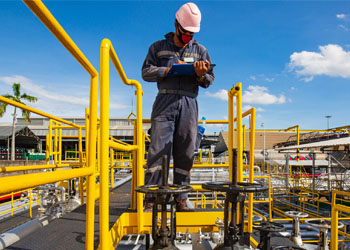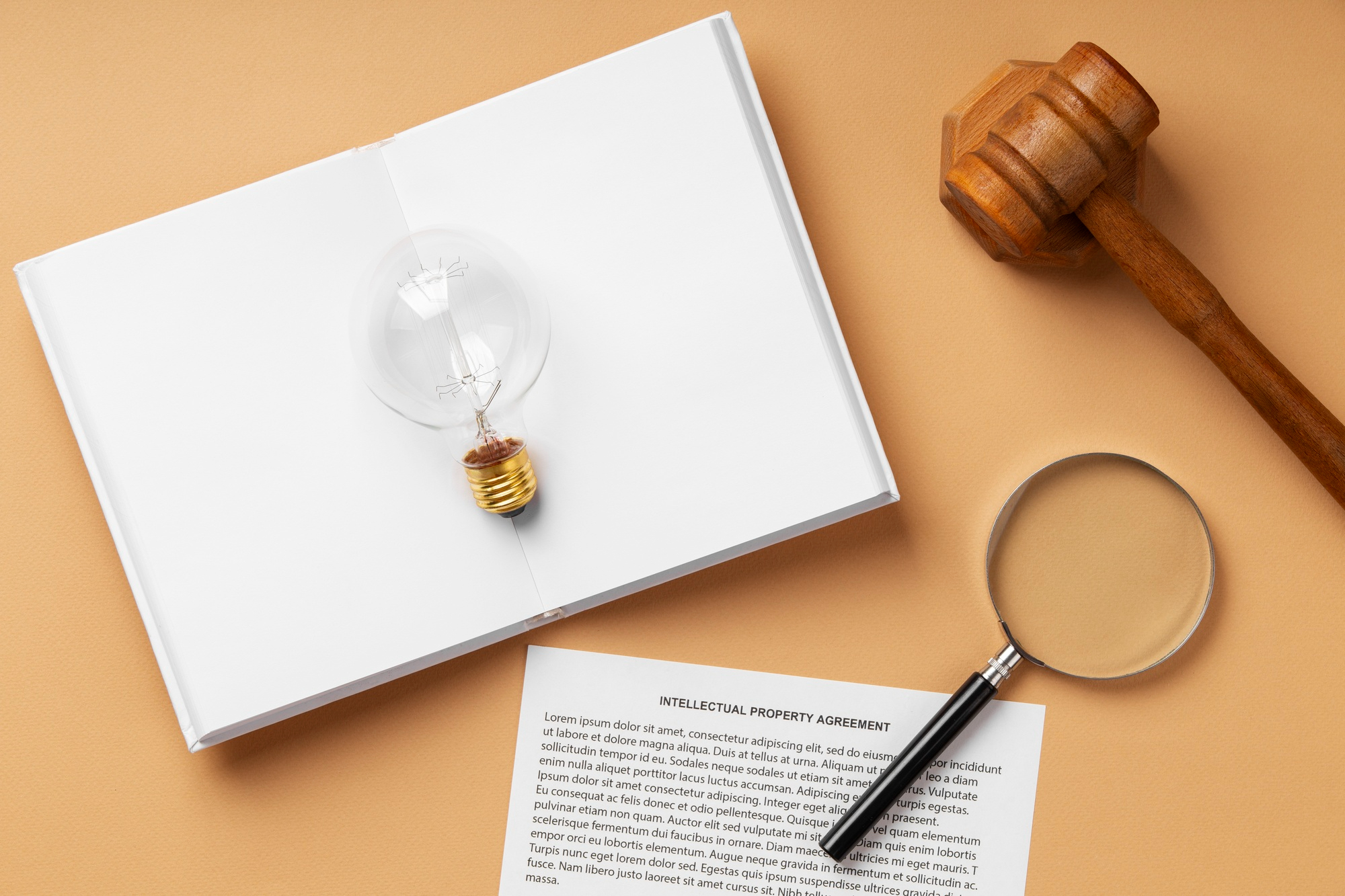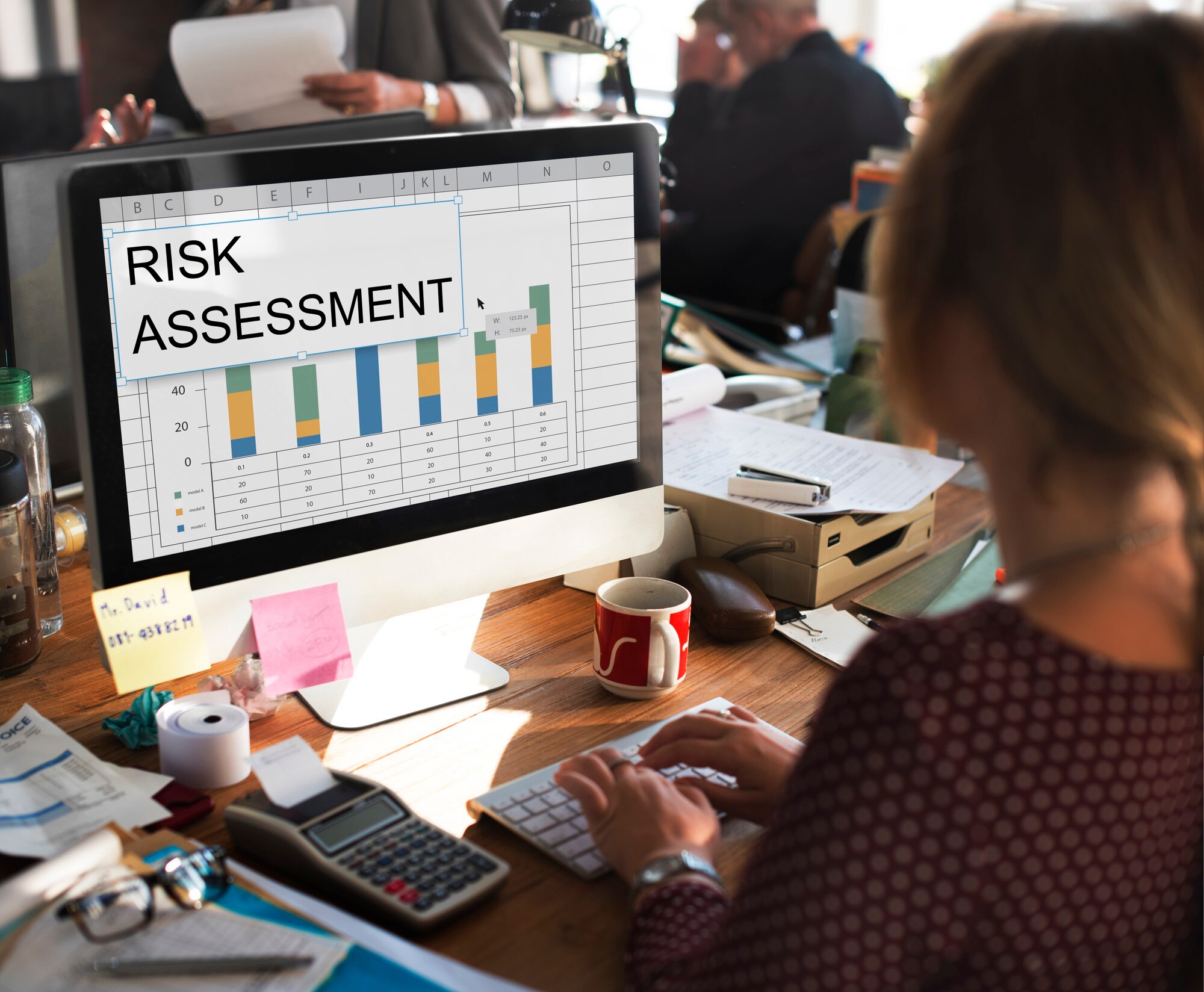Non-destructive inspection of oil pipelines and equipment
Course Overview
Non-Destructive Testing (NDT) is a fundamental technique in the oil and gas industry to ensure the safety and operational efficiency of pipelines and oilfield equipment. NDT allows for the detection of defects, cracks, and corrosion in pipes and equipment without the need to disassemble or damage them, thereby helping to reduce downtime and improve operational efficiency. This training program aims to equip participants with the knowledge and skills necessary to effectively utilize non-destructive testing techniques in the oil and gas industry, focusing on the latest tools and methods used to ensure safety and quality.
Course Objectives
Understanding the Basics of Non-Destructive Testing: Familiarize yourself with the fundamental concepts and various methods of non-destructive testing.
Enhancing Skills in Non-Destructive Testing Techniques: Learn how to apply different testing techniques such as ultrasonic testing and X-ray inspection.
Developing Strategies for Managing Inspection Processes: Gain the ability to create effective inspection plans that contribute to early defect detection and improve equipment quality.
Applying Analysis Techniques and Interpreting Inspection Results: Learn how to use analysis tools to accurately understand and interpret inspection results.
Familiarizing with the Latest Tools and Techniques in Non-Destructive Testing: Acquire knowledge of the latest technological tools used in non-destructive testing to enhance efficiency and safety.
Target Audience
- Maintenance and Operations Engineers working in the oil and gas sector.
- Inspection and Quality Supervisors responsible for ensuring the safety of equipment and facilities.
- Technicians specializing in non-destructive testing and inspection work.
- Project and Plant Managers interested in enhancing the safety and efficiency of operations.
- Consultants and Safety Engineers looking to improve evaluation processes and ensure compliance with quality standards.
Course Modules
Understanding the basics of non-destructive testing
- Defining the concept of non-destructive testing and its importance in the oil and gas industry.
- Review of different methods of non-destructive inspection, such as visual inspection, ultrasound, and X-ray inspection.
- How to determine the most appropriate technology for each type of equipment and defects.
- Examples of NDT applications in oil and gas projects.
- Develop plans for selecting appropriate technologies based on equipment type and operating conditions.
Improving skills in using non-destructive inspection techniques
- How to use ultrasonic inspection equipment to detect cracks and corrosion.
- Techniques for using X-rays to detect defects within pipes and equipment.
- Examples of successful inspection procedures in the petroleum industry.
- Develop skills in using screening tools and data analysis.
- Evaluate the effectiveness of different screening techniques and make necessary improvements.
Develop strategies for managing inspection operations
- Strategies for developing effective and comprehensive nondestructive inspection plans.
- How to prioritize inspections based on risk and costs.
- Examples of successful inspection plans and process efficiency improvement.
- Develop skills in managing inspection schedules and coordinating operations effectively.
- Evaluate inspection results and improve processes based on the analysis.
Applying analysis techniques and interpreting examination results
- How to use analysis tools to understand and interpret NDT results.
- Strategies for identifying defects and assessing their impact on equipment efficiency.
- Examples of using analytical techniques to improve maintenance and repair decisions.
- Develop plans to analyze data and improve examination quality.
- Evaluate analysis results and identify areas for improvement.
Learn about the latest tools and techniques in non-destructive testing.
- Review of the latest technological tools used in non-destructive testing.
- Using technology such as artificial intelligence and the Internet of Things (IoT) to improve inspection efficiency.
- Examples of modern technology applications to improve inspection quality and process efficiency.
- Develop strategies for integrating technology into daily inspection operations.
- Evaluate the benefits and challenges of applying modern technologies in non-destructive testing.
Instructor
Name: Nasr Nasr
Specialization: Public Administration, Good Governance, Human Resources Management
Certificates: Master's degree in Economics and Management (specialization in Financial and Banking Economics), Master's degree in Demography, Mini-Master in Business Administration
Core Programs Trained: Good Governance, Adjusted Expenditure Control, Code of Conduct and Ethics for Public Employees
Bio: Nasr Nasr, Chief Executive Officer and Deputy Director at the Ministry of Equipment and Housing in Tunisia. He has extensive experience in project management and financial control. He has delivered numerous training courses for government departments, and contributed to the development of good governance programs and the preparation of recruitment and administrative control strategies. He holds prominent advisory and administrative roles in the Tunisian government and has contributed to enhancing the administrative and financial efficiency of public institutions.
- Languages: Arabic
- Program Levels: Technical and strategic level
- Venue: Company Headquarters
- Hours: 20
- Location:



.jpg)







